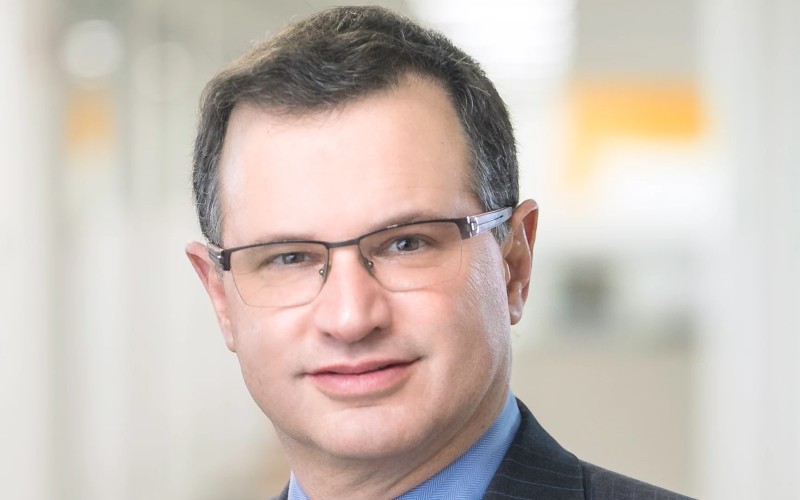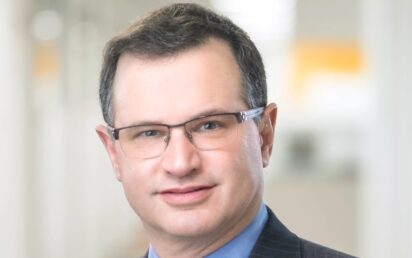A listed star of our MedTech 50 ranking in 2022 has appointed a new chair.
BiVictriX Therapeutics, which is aiming to transform the design of cancer drugs, said Dr Michael Kauffman will replace Iain Ross as non-executive chairman.
Ross will continue as a non-executive director on the BiVictriX board but steps down as chair due to other work commitments.
Already serving on the company’s board, Dr Kauffman is a highly experienced cancer drug developer, having been instrumental in the approval of several oncology therapeutics over 20 years of working across preclinical research, clinical development, regulatory strategy and commercialisation.
He co-founded and served as CEO of oncology company Karyopharm Therapeutics Inc, led development programmes at Proteolix/Onyx Pharmaceuticals and Millennium Pharmaceuticals, and has held a number of senior positions at Millennium Predictive Medicine and Biogen.
He currently holds other non-executive board positions at Verastem Oncology, Adicet Bio and Kezar Life Sciences.
MedTech 50 – UK’s most innovative medical technology creators for 2022
Based at Alderley Park in Cheshire, BiVictriX is led by CEO Tiffany Thorn.
“With the recent identification of our lead candidate, the transition comes at a pivotal time in BiVictriX’s development,” she said. “I am delighted to welcome Michael to his new role; no doubt his wealth of expertise across oncology drug development will continue to prove invaluable during the next stage of our progression.
“I would like to also express gratitude on behalf of the whole company to Iain for his excellent support, taking us through from IPO to candidate identification and look forward to continuing to work alongside him as a valued member of our board.”
On the company’s technology, Thorn told our sister publication TechBlast in late 2021: “The problem with a cancer cell is it’s very similar in appearance to a normal healthy cell in the body. Designing the drugs that only target the cancer cells and don’t inadvertently target the healthy cells is the big problem in cancer drug development.
“The Holy Grail is if we can develop drugs that are really toxic but only to cancer cells instead of healthy cells. If we can do that we could reduce the toxicity that patients face – and then we can give higher doses of the drug that would be much more effective without significantly harming the patient in the process.
“At the moment we have to limit the doses we give because of the side effects so it limits the overall effectiveness of the treatment.”
‘People aren’t used to hearing my accent’ – CEO of listed business


